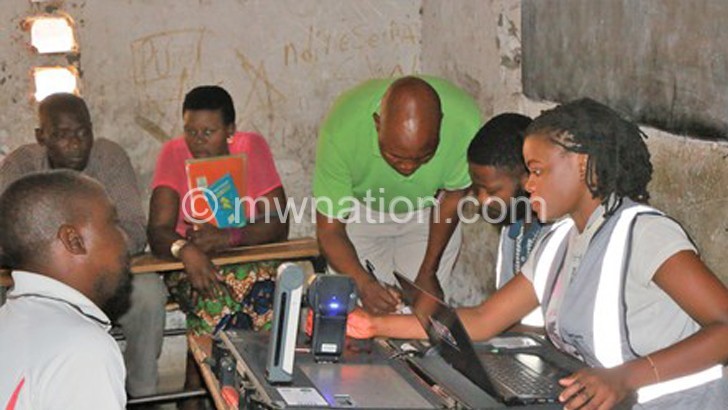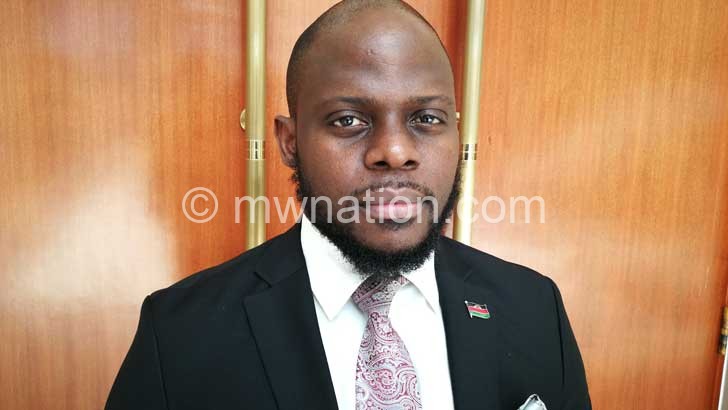‘No party can win 2019 polls alone’
The fate of the governing Democratic Progressive Party (DPP) and main opposition Malawi Congress Party (MCP)—widely seen as frontrunners for 2019 presidential race—could be hanging in the balance after analysts predicted that no party can win next year’s polls singlehandedly.
This comes amid mounting speculation that DPP and the newly-launched United Transformation Movement (UTM) may be courting opposition United Democratic Front (UDF) and People’s Party (PP), respectively, for possible coalitions to boost their chances of winning the May 21 2019 Tripartite Elections.

Speaking in an interview, Institute for Policy Interaction (IPI) chairperson and Catholic University political scientist Nandini Patel projected more alliances before and after the 2019 elections.
She also advised parties to be realistic and form alliances now than later.
Patel said: “If alliances are formed now, parties can engage in allocating constituencies among the alliance members based on their strongholds and avoid fielding candidates from within the alliance.
“Past mistakes can be avoided by undertaking some rigorous exercise now. And in this process, parties also need to be mindful of fielding women candidates in their winning constituencies.”
On his part, University of Livingstonia political scientist George Phiri undervalued the independent strengths of DPP, MCP, PP and UDF in winning the polls.
He argued that all the parties are now deficient of exclusive political appeal that can guarantee them autonomous wins next year.
Said Phiri: “Previously, only DPP and MCP had chances of standing on their own, but with the coming in of UTM, the political landscape has changed and these two parties must be careful.
“The DPP and MCP morale has dwindled and it is now becoming very difficult for them to envisage themselves winning the 2019 elections on their own. Why? It is because a good number of Malawians no longer have to choose between these two only, with the emergence of UTM.”
Previously, some analysts argued that the coming in of UTM, led by Vice-President Saulos Chilima, has weakened both MCP and DPP, as most of those joining the movement are defecting from the two parties.
Phiri added that the viability of party alliances and coalitions ahead of next year’s polls depends largely on who is at the helm.
“Who is going to lead the alliances? Look at the issues of image, for instance. If DPP, MCP, PP, UDF and UTM decide to enter into an alliance with other parties, can their candidates win? Do they have trust of the majority?” he queried.
Phiri, however, said it was hard to predict UTM’s prospects of winning the polls, arguing that the movement has not yet established enough structures that could be used to measure its poll strength.
He said: “If you look at the population of Malawi, it is predominantly rural. Now much of those who support UTM currently are [arguably] those in urban places. So, it is difficult to predict for them because 83 percent rural population is much more than the 17 percent in towns and cities.”
Phiri also warned DPP and MCP against relaxing on hopes that they command majority following in rural areas. He said once UTM penetrates the rural areas with its launch campaigns it could be difficult to gauge the two parties’ position in the areas.
It remains unknown whether some of the parties would still push for the highly contentious 50+1 model of electing the country’s president amid such claims that some of the country’s leading parties may have lost some of their political support ahead of the polls.





